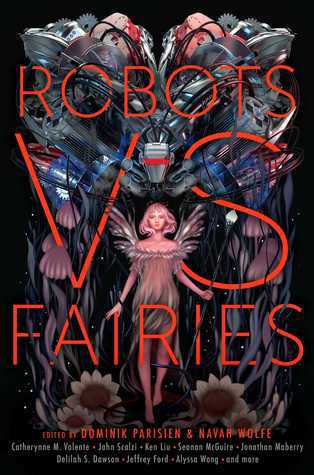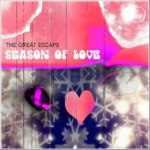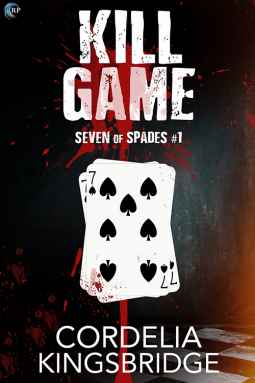‘The first thing I learned from my experiment…was that in the age of the Internet it is very hard to stick with a book without consulting an outside source.”
—Phyllis Rose’s The Shelf: Adventures in Extreme Reading
 I am a fan of bibliomemoirs.
I am a fan of bibliomemoirs.
My favorite is Robert Dessaix’s Twilight of Love: Travels with Turgenev, a short book that is part biography of Turgenev, part memoir/travel, and part literary criticism. I am also a fan of Nina Sankovitch’s Tolstoy and the Purple Chair, a very personal memoir of her year of reading one book a day and blogging about it to help her come to terms with her sister’s death from cancer.
The bibliomemoir is very popular right now. I recently discovered Phyllis Rose’s lively, entertaining, if very intellectual, The Shelf: Adventures in Extreme Reading. Rose, a retired English professor, scholar, biographer, and critic, decided to read the books on the LEQ-LES shelf at the New York Society Library. She chose this shelf because she had always wanted to read Lermontov’s A Hero of Our Time.
She has a sense of humor and writes beautifully, but she cannot help but apply her training to the analysis of these books. She begins,
“This book records the history of an experiment. Believing that literary critics wrongly favor the famous and canonical—that is, writers chosen for us by others—I wanted to sample, more democratically, the actual ground of literature.”
She is a great fan of the canon, but many women writers were not in it when she began to teach. She mentions it was fine to teach Virginia Woolf at Berkeley in 1982 but to offer a Willa Cather class (which she did) was daring. But she is not necessarily digging up lost gems on this library shelf. She tackled some neglected writers and did her homework, but the actual reading was sometimes tedious. She started with One for the Devil by Etienne Leroux, a South African writer writing in Afrikaans she had never heard of. She didn’t really understand or enjoy this “experimental novel.” She adds, “…Leroux had no interest in narrative.”
She did some research online. She consulted Contemporary Authors , Wikipedia, a review in The Saturday Review, and followed hyperlinks here and there. She learned Leroux was tamember of a group of South Africa writers called the Sestigers (writers of the ‘60s), among them the award-winning Andre Brink, who were dedicated to expanding their readers’ horizons with challenging subjects and structures. Rose discovered One for the Devil was the second in a trilogy, so she went back and read the first book. She hated it. She decided not to read the third.
What I like most about this book is Rose’s analysis of the culture of reading in the 21st century. She writes,
“Reading is more centrifugal than it used to be. Because the material is so readily available, you want to see the author’s biography and read the reviews of the work. You are even tempted to contact the author, who is only a Google search and some keystrokes away.”

 In the second chapter, Rose writes about her reading of Lermontov’s A Hero of Our Time, a short picaresque novel about a superfluous man of Russian literature. I am a fan of Lermontov, but, alas, she was not. Partly it was the translation she read by Nabokov and his son–Nabokov had the eccentric idea that it was necessary to capture the language exactly, literally, and roughly, if the prose is not graceful. And the library paperback with the Edward Gorey cover art (which she liked) was greasy, had tanned pages, and the worse for wear.
In the second chapter, Rose writes about her reading of Lermontov’s A Hero of Our Time, a short picaresque novel about a superfluous man of Russian literature. I am a fan of Lermontov, but, alas, she was not. Partly it was the translation she read by Nabokov and his son–Nabokov had the eccentric idea that it was necessary to capture the language exactly, literally, and roughly, if the prose is not graceful. And the library paperback with the Edward Gorey cover art (which she liked) was greasy, had tanned pages, and the worse for wear.
Since she disliked the Nabokov, she downloaded a free 1853 translation on to her e-reader. She found herself utterly absorbed in it. Then she read Marian Schwartz’s 2004 translation ( Modern Library ), which by the way I read and liked. And she was so fascinated by the cover photo on Modern Library edition that she emailed the book designer to learn why she’d chosen it.
What she learned: she didn’t need the physical book, even though she always thought she preferred physical books. She very much enjoyed the 19th-century translation on her e-reader. What she needed was a readable text.
What I am enjoying most about this book is that she manages to make the reading of the books on this shelf meaningful. I’m reading a chapter a night: the perfect amount of reading before I go to sleep!
Share this:




